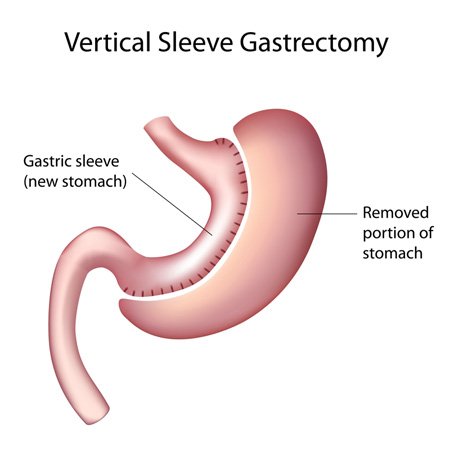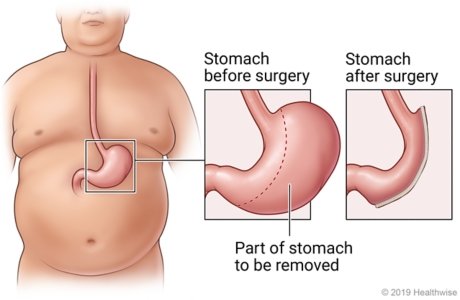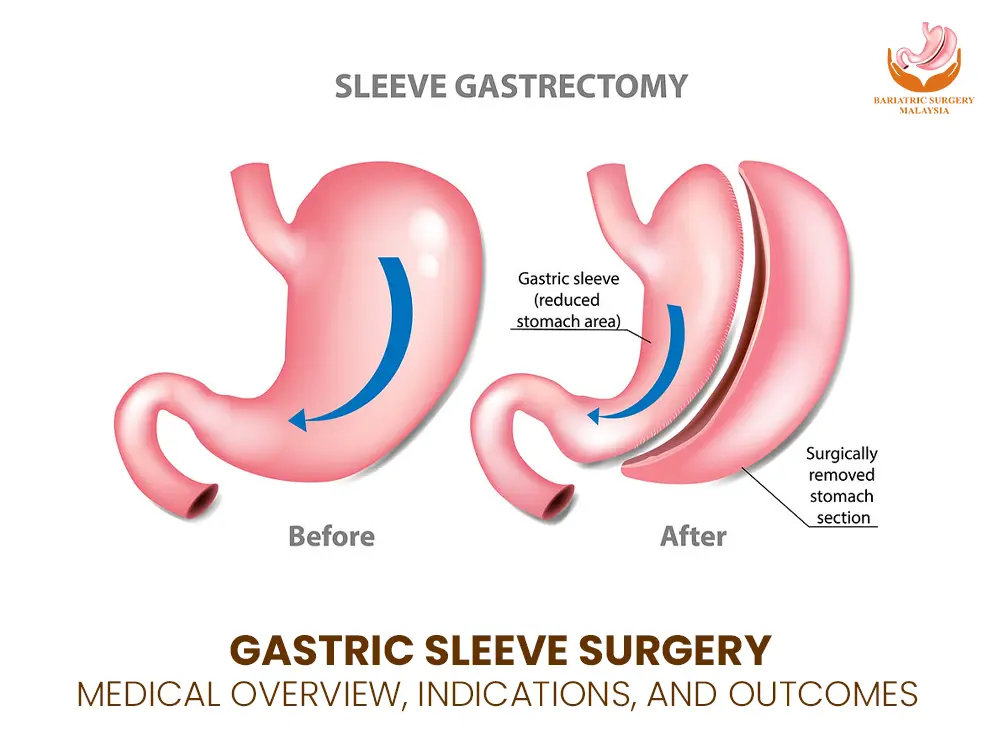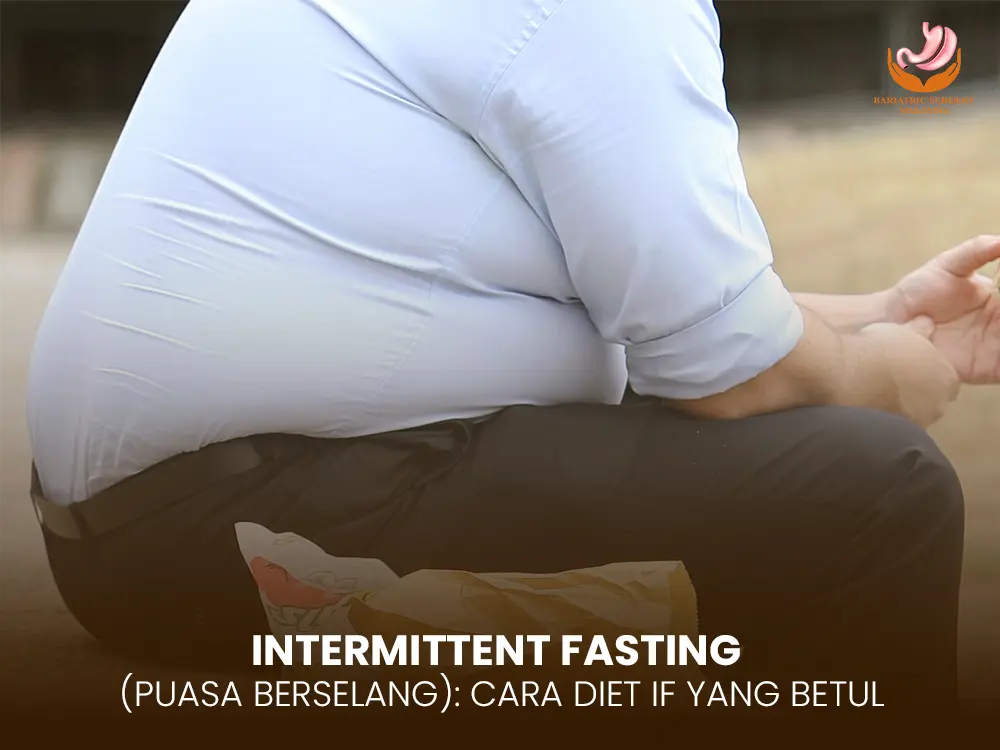Introduction
Gastric sleeve surgery, also known as sleeve gastrectomy, is a modern and effective bariatric procedure widely performed in Malaysia and globally for the management of severe obesity. As rates of obesity and metabolic diseases rise, medical professionals increasingly recommend gastric sleeve surgery for individuals who have not succeeded with traditional weight loss methods. This article provides a detailed, evidence-based overview of gastric sleeve surgery—including its mechanism, indications, benefits, risks, and patient journey—based on current best practices and the latest medical guidelines.
Understanding Obesity and the Need for Bariatric Surgery

Obesity is a chronic, progressive disease with significant health implications. It is associated with increased risks of type 2 diabetes, hypertension, cardiovascular disease, sleep apnea, fatty liver, and certain cancers. In Malaysia, the prevalence of obesity and related comorbidities continues to climb, with conventional strategies such as diet, exercise, and medication often failing to provide long-term results for those with severe obesity.
Bariatric surgery Malaysia has emerged as the most effective and durable treatment for significant weight reduction and metabolic improvement in this patient population.
What is Gastric Sleeve Surgery?

Gastric sleeve surgery (sleeve gastrectomy) is a minimally invasive, laparoscopic procedure that removes approximately 75–80% of the stomach, leaving a narrow, tube-shaped “sleeve.” This smaller stomach restricts food intake, induces early satiety, and also reduces the secretion of the hunger hormone ghrelin. Unlike gastric bypass, the digestive tract is not rerouted.
Key Features:
Minimally invasive (laparoscopic) approach for less pain, quicker recovery, and minimal scarring.
Permanent reduction in stomach size to help sustain long-term weight loss.
No foreign objects or rerouting of intestines (compared to gastric band or bypass).
Who is Eligible for Gastric Sleeve Surgery?
Gastric sleeve surgery Malaysia is indicated for adults who meet the following criteria:
BMI ≥ 40 kg/m² (severe obesity)
BMI ≥ 35 kg/m² with at least one obesity-related comorbidity (e.g., type 2 diabetes, hypertension, sleep apnea)
Failure to achieve or maintain weight loss through supervised medical, nutritional, and lifestyle interventions
Psychological readiness and commitment to long-term follow-up and lifestyle change
A thorough preoperative assessment—including medical, nutritional, and psychological evaluation—is essential to determine suitability and optimize outcomes.
How is Gastric Sleeve Surgery Performed?
Gastric sleeve surgery is performed under general anesthesia using a laparoscopic (keyhole) technique. The surgeon creates several small incisions in the abdomen and inserts a camera and specialized instruments. A large portion of the stomach is then removed, forming a tubular “sleeve” that holds less food.
Duration:
The surgery typically takes 1–2 hours.
Most patients stay in the hospital for 1–2 days post-procedure.
Benefits of Gastric Sleeve Surgery
Significant, sustainable weight loss: Most patients lose 50–70% of their excess weight within 12–18 months.
Improvement or remission of comorbidities: Especially type 2 diabetes, hypertension, and sleep apnea.
Improved quality of life: Increased mobility, self-esteem, and overall health.
Lower surgical risk: Compared to gastric bypass or biliopancreatic diversion.
Reduced hunger: Due to decreased ghrelin production.
Risks and Considerations
All surgeries carry some risk. Potential complications specific to gastric sleeve surgery include:
Bleeding, infection, or leakage along the staple line
Stricture (narrowing of the sleeve)
Gastroesophageal reflux
Nutritional deficiencies (less than bypass, but lifelong supplements may be required)
Rarely, need for revisional bariatric surgery
Close monitoring, experienced surgical teams, and MOH-certified bariatric surgeons in Malaysia help reduce complication rates and ensure the best outcomes.
The Gastric Sleeve Surgery Journey
Preoperative Preparation
Comprehensive assessment by a multidisciplinary team (bariatric surgeon, dietitian, psychologist)
Lab investigations and imaging
Preoperative weight management and education
Surgery
Minimally invasive, usually completed within 1–2 hours
Recovery and Aftercare
Gradual dietary progression: liquids to soft foods to solids
Vitamin and mineral supplementation
Regular follow-up visits for weight, nutrition, and comorbidity monitoring
Support groups and ongoing patient education
Gastric Sleeve vs Gastric Bypass: Which Is Better?
Both procedures offer substantial, long-term weight loss and metabolic improvements.
Gastric sleeve is technically simpler, does not involve intestinal rerouting, and typically has a lower risk of nutritional deficiencies.
Gastric bypass may be preferable for patients with severe diabetes, reflux, or previous failed sleeve procedures.
A personalized assessment by an MOH-certified bariatric surgeon in Malaysia is essential to determine the most appropriate surgery.
Cost of Gastric Sleeve Surgery in Malaysia
The cost of gastric sleeve surgery Malaysia generally ranges from RM23,000 to RM38,000, depending on the hospital, surgeon experience, and level of care required. It is important to choose an accredited bariatric center with a track record of safety and success.
Frequently Asked Questions (FAQ)
1. How much weight will I lose with gastric sleeve surgery?
Most patients lose 50–70% of their excess weight within 12–18 months post-surgery.
2. Is gastric sleeve surgery safe?
Yes. Complications are rare when the procedure is performed by an experienced, MOH-certified bariatric surgeon in an accredited Malaysian center.
3. What is the recovery time after gastric sleeve surgery?
Patients usually return to normal activities within 2–4 weeks, with full adaptation to the new diet and lifestyle over a few months.
4. Will I need vitamins or supplements?
Yes, lifelong vitamin and mineral supplementation is often necessary to prevent deficiencies.
5. Is gastric sleeve surgery reversible?
No, gastric sleeve surgery is not reversible, but it can be converted to other bariatric procedures if medically necessary.
Conclusion
Gastric sleeve surgery is a safe, effective, and permanent option for patients with severe obesity who have not succeeded with traditional weight loss interventions. With proper patient selection, skilled surgical care, and lifelong follow-up, patients can achieve substantial weight loss, metabolic improvement, and enhanced quality of life. Individuals considering weight loss surgery in Malaysia should consult an MOH-certified bariatric surgeon to explore their options and begin their journey toward better health.



